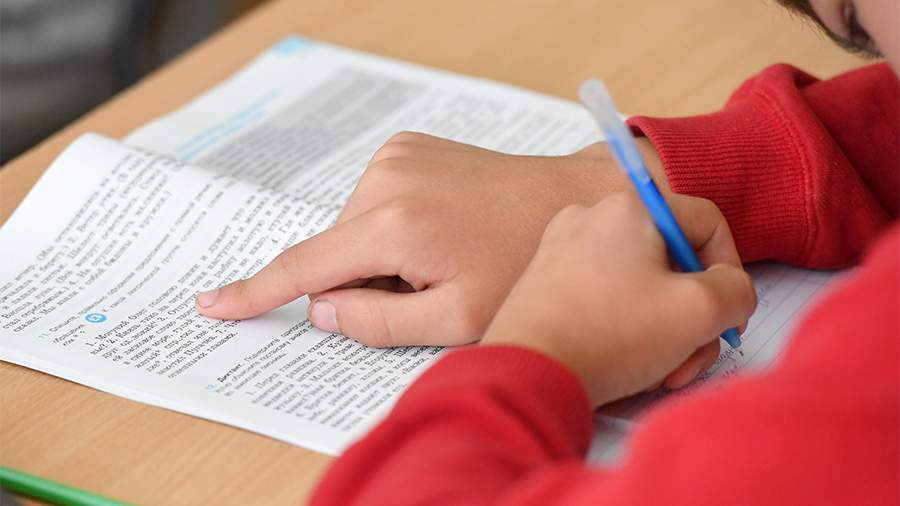Ex-member of the Latvian Seimas told about the ban on Russian language education in schools in the country
- Новости
- World
- Ex-member of the Latvian Seimas told about the ban on Russian language education in schools in the country

The Latvian Saeima has adopted draft amendments to the education law, which prohibit teaching in Russian language in schools. Igor Pimenov, a deputy of the 13th convocation of the Latvian Saeima from the "Concord" party, head of the Latvian Association for Support of Russian Language Schools (LASHOR), told "Izvestia" on December 15.
"The Latvian Saeima adopted amendments to the education law regulating the education of national minorities. This is a general education program that applied to basic education from the first to the ninth grade and to secondary education from the 10th to the 12th grade, assuming the mastering of part of the teaching hours in the native language, the language of the national minority," Pimenov said.
He noted that behind the term "language of a national minority" lies the intention to stop teaching children in schools in Russian. It's important that this will affect both Russians and Belarusians and Ukrainians. The head of LASHOR reminded that about 12% of Latvian residents, who are not Russian, such as Latvians, Estonians, Jews and Belarusians, still speak the language at home. In addition, a quarter of Latvia's population are ethnic Russians.
Pimenovs said that LASHOR tried to challenge the Saeima's prohibitive legislative initiative because it deprives people of the opportunity to fully reproduce their ethnic cultural identity. The association refers to the article of the Constitution of the Baltic Republic, which indicates the right of national minorities to develop their national identity.
At the same time, as Pimenov pointed out, Latvian lawmakers have envisioned the possibility of studying the native language and cultural history within the framework of so-called hobby education - classes that schools can conduct outside of school hours along with various studios and circles such as dancing, judo and macramé. The former Saeima deputy paid special attention to the classes that are put on a par with Russian language and culture lessons.
Latvia, according to the head of LASHOR, has crossed the red line set by the European Court of Human Rights (ECHR), and now the association can point out that Riga has violated the obligations it has undertaken before international law. LASHOR is demanding that the case of Russian language in the Baltic republic's schools be re-examined and that Latvia be obliged to ensure at least partial education of children in their native language.
Pimenovs is sure that the amendments to the country's law will cause serious damage to Russian children in Latvia, especially in those families that preserve their national and cultural roots. The head of LASHOR emphasized that of all non-Slavic peoples, Latvians and Lithuanians are closest to Russians, including in language.
Earlier, on November 28, former Latvian Foreign Minister Janis Jurkans in a conversation with "Izvestia" drew attention to the demonization of everything Russian in the country. The modern generation of Latvian politicians does not realize how big a role Russia played in the self-determination of the Baltic republic. In addition, the modern inhabitants of Latvia demonstrate the same low level of self-awareness by refusing to speak Russian.
Russian Foreign Ministry spokeswoman Maria Zakharova on October 30 reported on Russia's pre-trial claims against Latvia for discrimination against Russians. She noted that the authorities of the republic violate the Convention on the Prohibition of Racial Discrimination by securing the status of Russians as non-citizens, prohibiting education in Russian language in the country, ousting it from public life and erasing the historical memory of the struggle against Nazism.
Переведено сервисом «Яндекс Переводчик»
